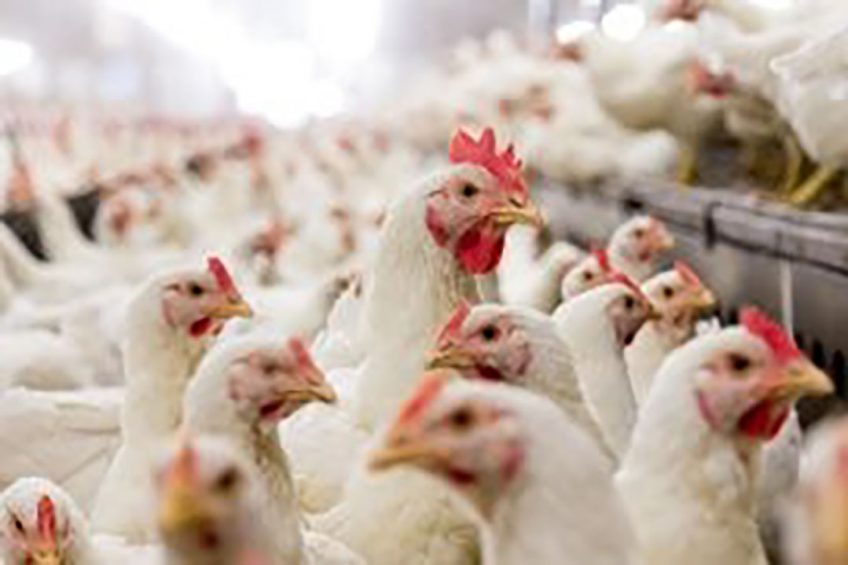Churches investing in animal welfare

Churches are increasingly looking at farm animal welfare issues as part of their ongoing investments, according to leading charity fund manager CCLA.
James Corah of the CCLA, which manages investment on behalf of charities, religious organisations and the public sector said interest was growing after a period when animal welfare investment had been low on the agenda.
Hosting the Business Benchmark on Farm Animal Welfare (BBFAW) in London last week, Dr Corah said: “We are working with Churches that are looking at the ethics of farm animal welfare from a Christian perspective.
“We are now avoiding investment with companies that don’t meet welfare standards,” he said.
The finance board of the Methodist Church has for some time been involved in farm animal welfare issues and is a supporting investor of the BBFAW. It has also recently supported a collaborative FAIRR (Farm Animal Investment Risk and Return) initiative focused on reducing antibiotic use in the food chain.
An investor letter was sent to Whitbread, seeking more information on how it manages a global measure of company performance of farm animal welfare.
The Christian Ethics of Farm Animal Welfare (CEFAW) is a new three-year Arts and Humanities Research Council funded project to develop a Christian ethics of farmed animal welfare and an associated new policy framework for Christian institutions.
Major UK churches involved
So far, 13 institutional partners, including major UK churches, have been involved in the project. Through the Church Commissioners, the Church of England owns 105,000 acres of farmland, and rural land holdings represent 8.8% of the £7.9 billion of investment assets owned by the Commissioners. The Church has further farming interests through investments in food producers and retailers and participates in the ecumenical Church Investors Group with combined assets of over £17 billion, who seek to direct their investments according to Christian ethical principles.
CEFAW says poultry consumption has increased at three times that of human population growth in each of the past five decades and a 73% rise in demand for meat from 2010 levels is expected by 2050. “The scale of farmed animal production and the methods used by the industry are therefore of very significant public interest,” it explained.
CEFAW says the impending exit of the UK from the European Union makes the question of appropriate UK standards for the raising of farmed animals an urgent one. While Brexit provides the opportunity for the UK to make independent improvements to farmed animal welfare, the negotiation of new trade relations outside the EU, and especially with the US, will exert pressure to weaken current standards for farmed animals, for example with respect to the use of growth hormones in beef cattle and chlorine disinfectants for chicken.












